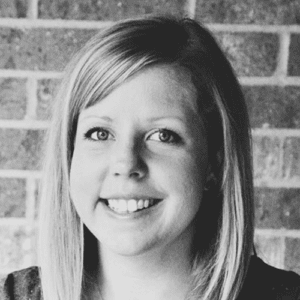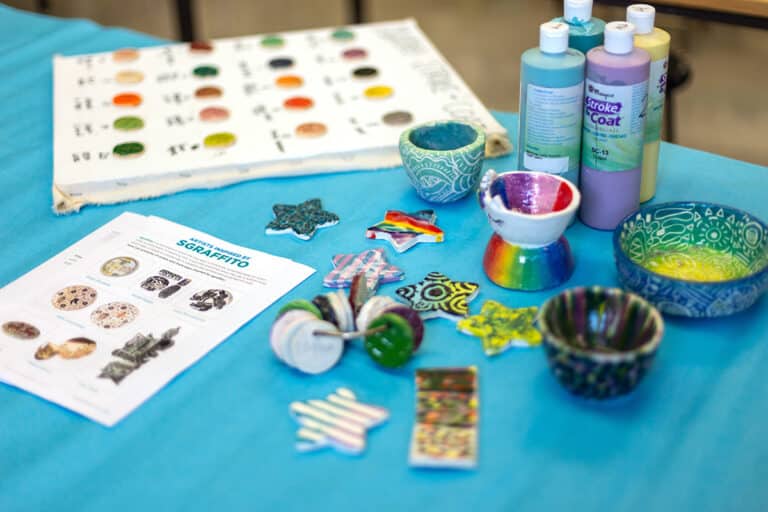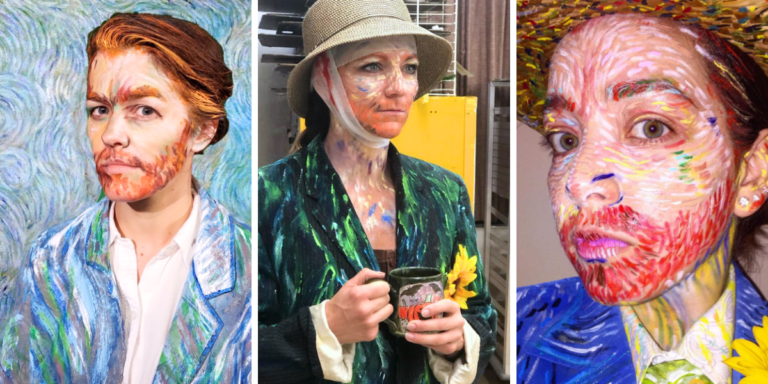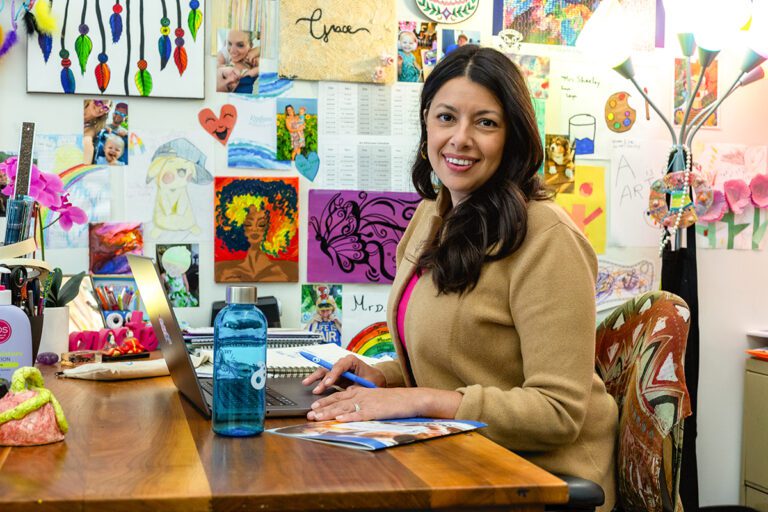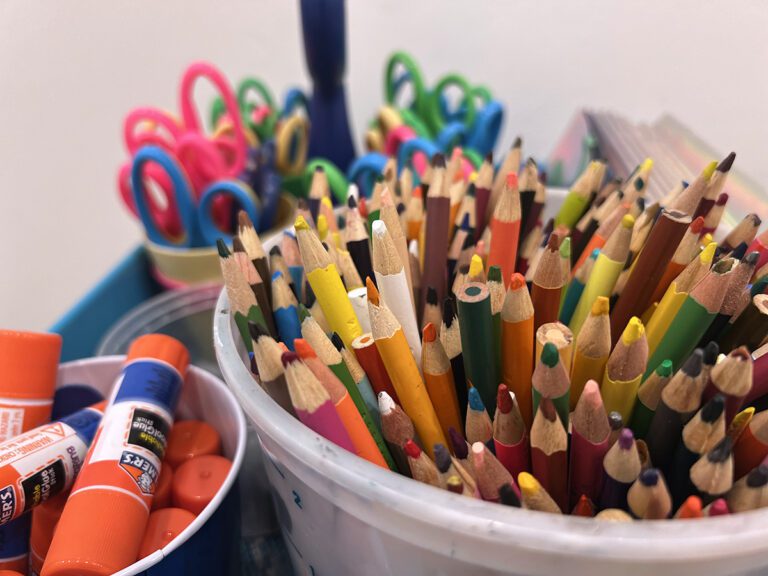At the Winter AOE Conference I presented a session on Professional Learning Communities (PLCs). There was a lot of conversation around the lack of opportunity for art teachers to participate in any real community-building in their school districts. In some places, art teachers met with their building co-workers, in other places, they were completely excluded, and in many places, there was only one art teacher. While we can learn a lot from Pinterest and blogs written by other art teachers, there is something really powerful about meeting as a group of colleagues with a shared vision and passion. If you aren’t feeling fulfilled by your school district’s structure, it’s time to make one of your own! Creating an art ed co-op is easier than you might think.
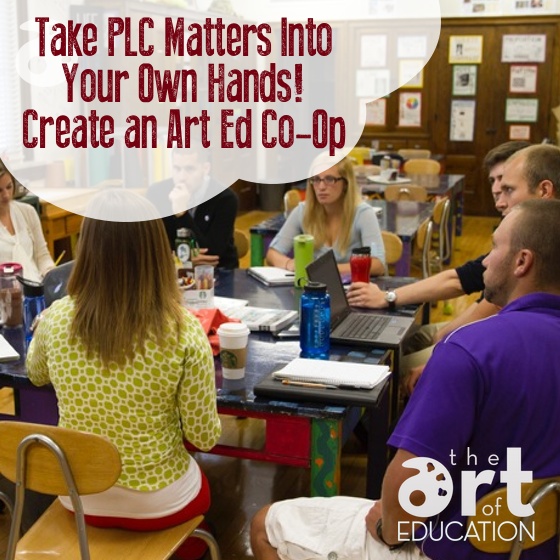
Here are some hints to get you started.
1. Hit up your PLN
Who is in your Personal Learning Network? Did you meet a kindred spirit at a conference? Can you contact the teachers in nearby districts? Make a short list of art teachers to invite to the co-op and reach out to them. Remember, you don’t have to meet in person. Skype and Google Hangouts make it possible to connect to anyone anywhere!
2. Set a Schedule
Make it easy to meet and choose a comfortable spot. Something inviting like the first Tuesday of every month at your local coffee shop might work well. Again, consider connecting online. The comfort of your own couch and bunny slippers is hard to beat! Send out reminders the week before. Attendance is never mandatory, but RSVPs can help you plan.
3. Share the Responsibility
Avoid an agenda that asks for one person to bring lessons or ideas to share. The idea is to come and feel enriched and to enrich the practice of others. The expectation is that everyone contributes something. It could be leftover supplies, lesson plans, an article, a book recommendation, whatever!
Starting an art ed co-op may be the best professional development decision you ever make.
How do you get your art teacher fix?
What is your favorite way to connect with colleagues?
Magazine articles and podcasts are opinions of professional education contributors and do not necessarily represent the position of the Art of Education University (AOEU) or its academic offerings. Contributors use terms in the way they are most often talked about in the scope of their educational experiences.
